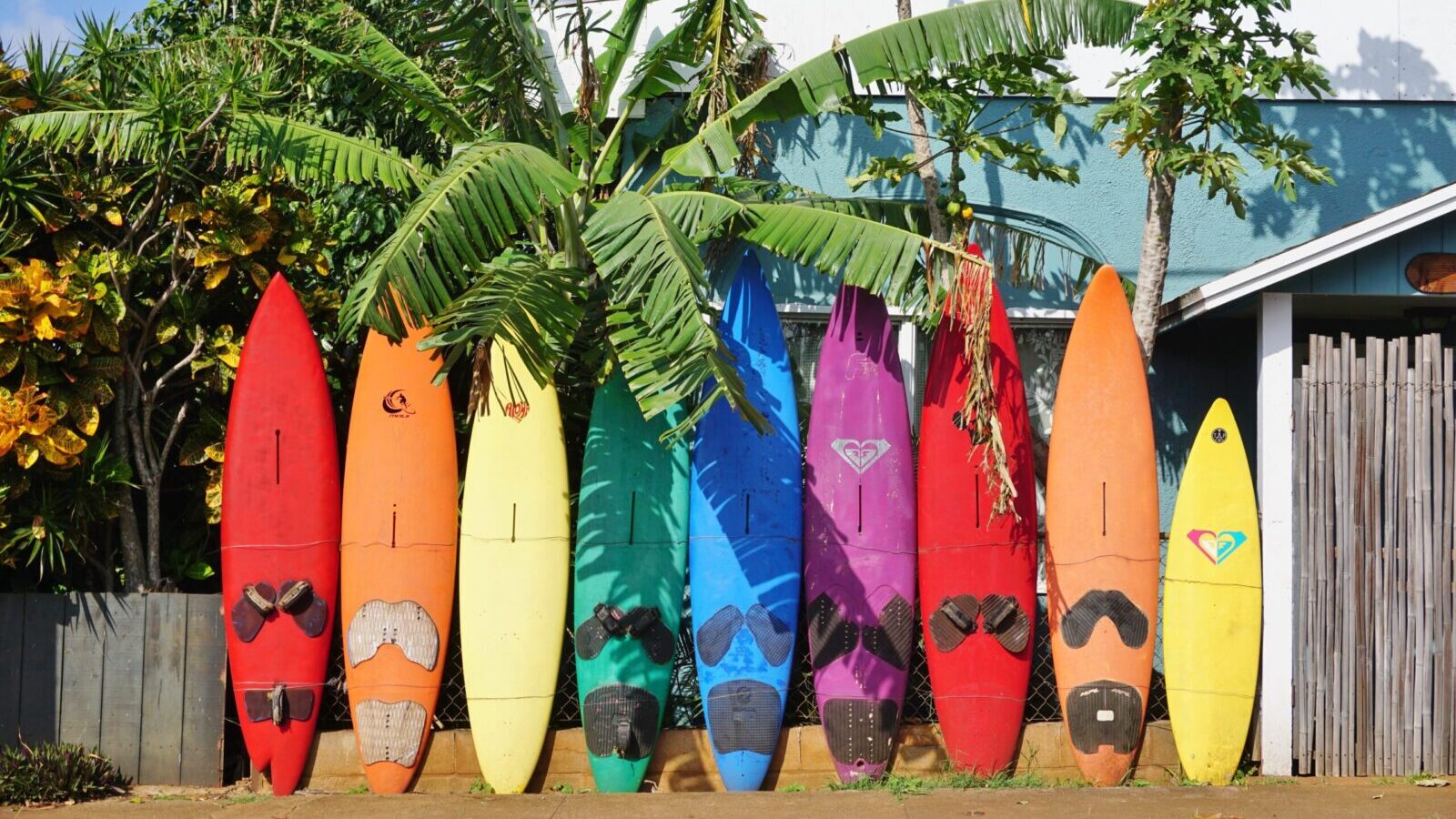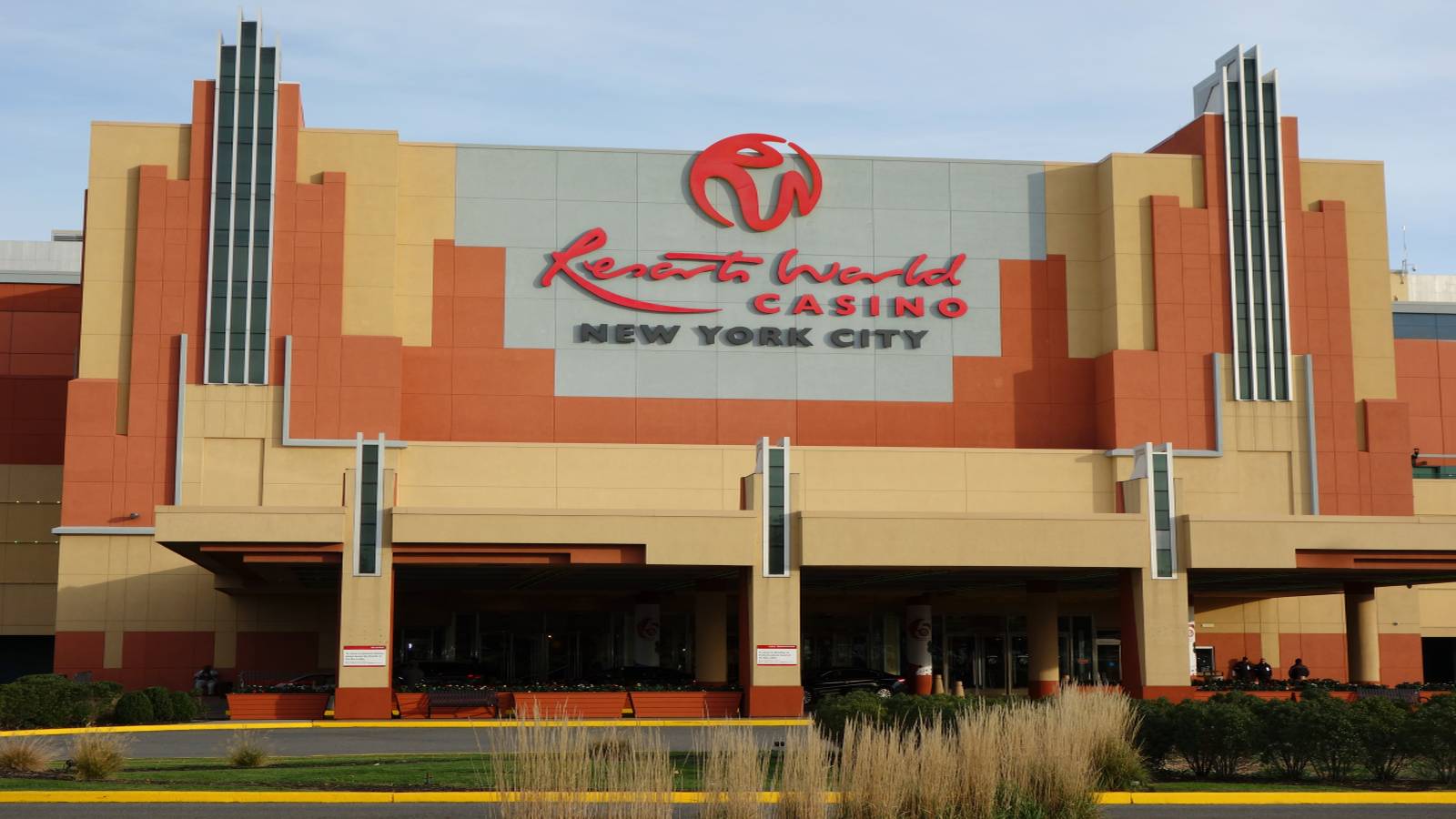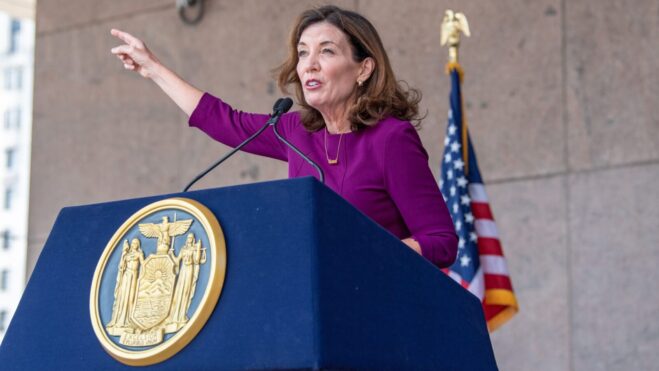Tax Rate, Fees, Regulator At Issue As Hawaii Sports Betting Bill Goes To Conference
Conference Committee has about two weeks to come to an agreement
2 min

Hawaii’s digital sports betting bill has hit a snag. HB 1308, which has made a surprising march through the House and Senate, is headed to Conference Committee after the House on Friday rejected an amended version passed by the Senate.
After moving through Senate committees with no tax rate or application fee, both were added on the Senate floor. In addition, the regulator was changed in a Senate committee and the Department of Law is now named.
HB 1308 would allow for statewide digital sports betting with a minimum of four platforms. There would be no retail locations.
The bill initially had a 10 percent tax rate and a $250,000 application fee, but those were stripped in the House Finance Committee, where Rep. Sue L. Keohokapu-Lee Loy voiced concern that the application fee was too low.
It “appears rather low for an industry that makes billions of dollars,” she said. “I would love to see that license fee go up exponentially.”
Tax revenue projection off?
There was also much discussion in the Finance Committee about the tax rate. BetMGM Head of Government Affairs Jeremy Limun suggested that tax revenue for Hawaii (population: 1.45 million) would range from $10-$20 million per year based on a 10 percent tax rate. Compared to states of a similar size, that projected tax revenue is high and the tax rate, at least per current trends, is low.
While digital sports betting operators would embrace a 10 percent tax rate, the move of late has been higher rates to start as well as states proposing to raise their rates in the months and years after launch.
In the last two years, Ohio has doubled its rate to 20 percent while Illinois shifted from a flat 15 percent tax rate to a sliding scale where the most prolific operators now pay 40 percent. In addition, Ohio Gov. Mike DeWine earlier this year proposed another doubling of his state’s tax rate, and North Carolina Republicans on Monday proposed an increase from 18 percent to 36 percent. The Tar Heel State launched sports betting 13 months ago.
Lawmakers in Louisiana and New Jersey are among other states that have entertained increases as well.
Local opposition heavy
HB 1308 has met with heavy opposition throughout its run through the statehouse. Representatives from the state Attorney General’s Office, the Department of Consumer Affairs, law enforcement, and others voiced concern about the state’s preparedness to introduce gambling. In addition, a native Hawaiian group and problem and responsible gambling advocates are also opposed.
On March 13, the Senate Joint Committee on Economic Development and Tourism and Commerce and Consumer Protection moved the bill forward, but switched out the regulator. This happened after Nadine Ando, the director of the Department of Commerce and Consumer Affairs, told the committee that her agency didn’t have the bandwidth or experience to stand up legal betting. Ahead of the vote, Chair Lynn DeCoite swapped out the regulator to be the Department of Law.
It’s possible that House members are concerned about this change or about the state’s ability to regulate. Hawaii does not have any form of legal gambling, meaning that whatever agency regulates will have a steep learning curve.
Members of the conference committee have not been publicly released. Hawaii’s legislative session is set to adjourn May 2.






